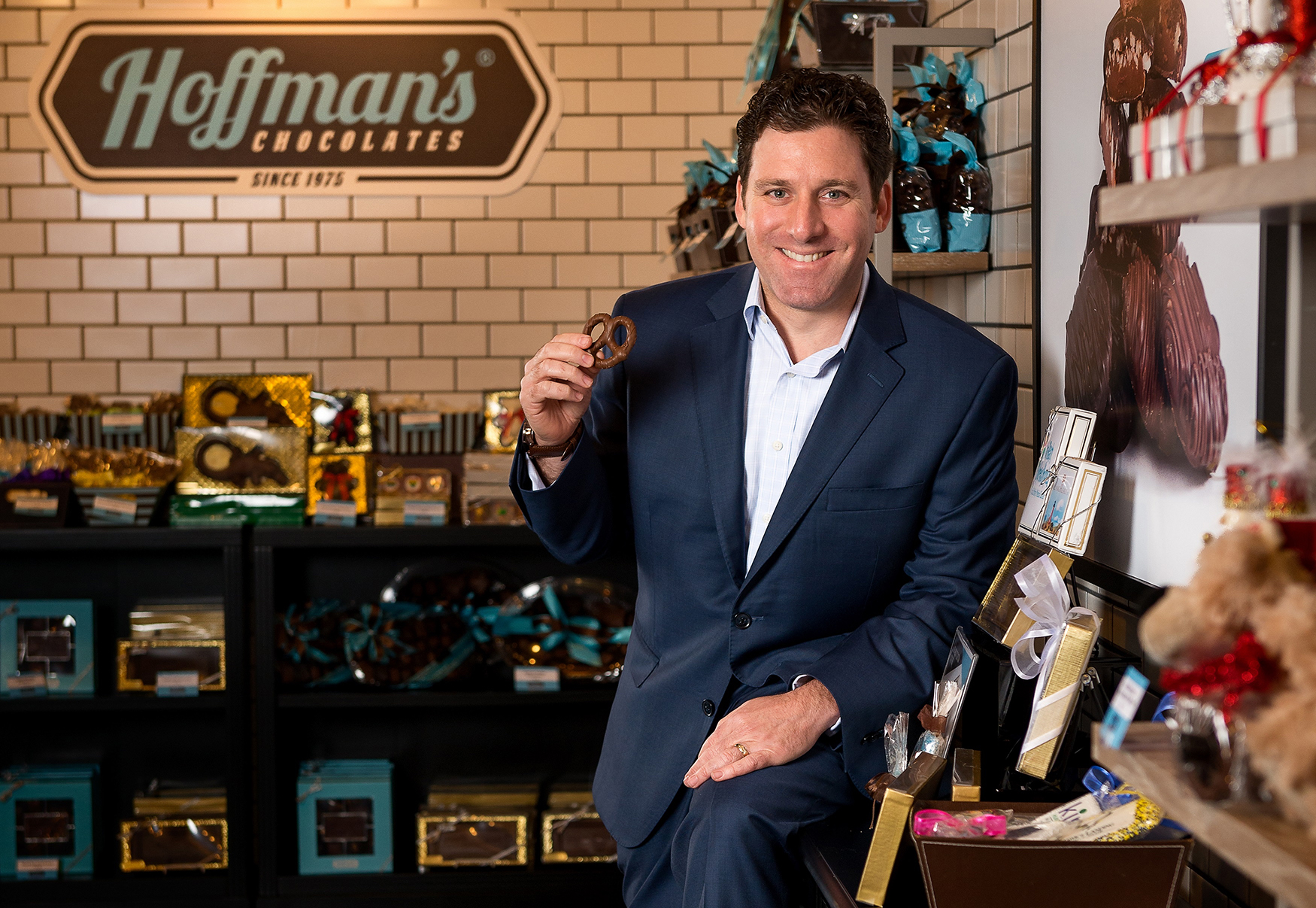What do you do with your business when a global pandemic sends the economy reeling? If you’re Jarett Levan, CEO of BBX Capital, you make tough decisions while creating new opportunities. The Fort Lauderdale-based company’s diversified verticals—real estate, manufacturing and retail—have offered some protection, and even growth, throughout the recession. But a prolonged shutdown forced its It’Sugar chain of candy shops—including its 24,000-square-foot flagship in New Jersey’s American Dream entertainment complex—into Chapter 11 bankruptcy in September, a restructuring it hopes to emerge from within six months. Here, Levan discusses BBX Capital’s plans for a sweeter 2021.
How did you become the CEO of BBX Capital?
I’ve been with BBX Capital and our predecessor companies since I graduated from law school in 1998. I grew up in Miami and left town for four years to go to Emory University in Atlanta. I came back to attend law school at the University of Miami. I joined the company as a lawyer and worked my way around and up the organization. My father, Alan Levan, is the chairman and was the CEO until last month, when I became the CEO.
What does BBX Capital do?
We have three main verticals. BBX Sweet Holdings owns It’Sugar, the largest specialty candy retailer in the United States; Hoffman’s Chocolates, a well-known chocolate company in Palm Beach; and Anastasia Confections, which makes coconut patties, taffy and other products that we sell across the U.S. BBX Capital Real Estate is an investor with local developers and also owns 50 percent of the Altman Companies, a 50-year-old apartment developer. Our third vertical is Renin Holdings, a manufacturer of closet doors, barn doors, shower enclosures and other home hardware. It’s headquartered in Canada, with factories in Canada and Mississippi. We sell primarily to home improvement stores, including Home Depot and Lowe’s.
How has the coronavirus pandemic affected business?
Our home hardware business continues to perform well during COVID-19. Our big Renin news is that we just acquired substantially all of the assets and assumed certain of the liabilities of Colonial Elegance, a building products supplier based in Montreal. Our apartment business, which we also lease up and manage, has performed well. Our candy business, though our stores were shut down for 10 weeks, has rebounded, although not to where we were pre-COVID. Our corporate offices—we have four in the U.S.—have been closed since March. And while everybody is working on Zoom, that’s not how we built a culture for our companies. Our teams like to collaborate. We may be more efficient, but we’re deficient right now in human interaction and relationship-building.
Why did It’Sugar go into Chapter 11 and what’s it doing now?
After 10 weeks of being closed and another 10 weeks of business building back up, we just needed the protections of the bankruptcy court to work through our lease liabilities. We sell an experience in addition to candy. It’Sugar is known as a humorous escape from everyday life. We just opened the first-ever Sour Patch Kids store and café in New York, and we’re about to open the first-ever Oreo café in our American Dream store.
What will businesses need to thrive when this is over?
We have to evolve—whether it’s selling product online, curbside pickup, or leasing apartments through virtual leasing, which we’ve started to do—and there’s nothing like a crisis to force us to do that. The good businesses will figure it out. We just launched a candy subscription club, which is a concept we’ve been talking about for five years and just couldn’t get on the priority list. You can now order a monthly subscription, give a gift subscription, or a one-time box. COVID just accelerated that.














